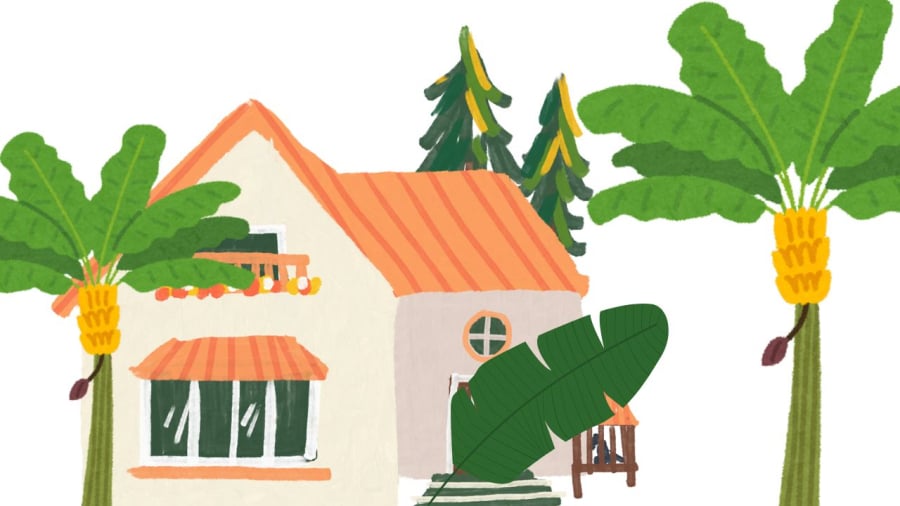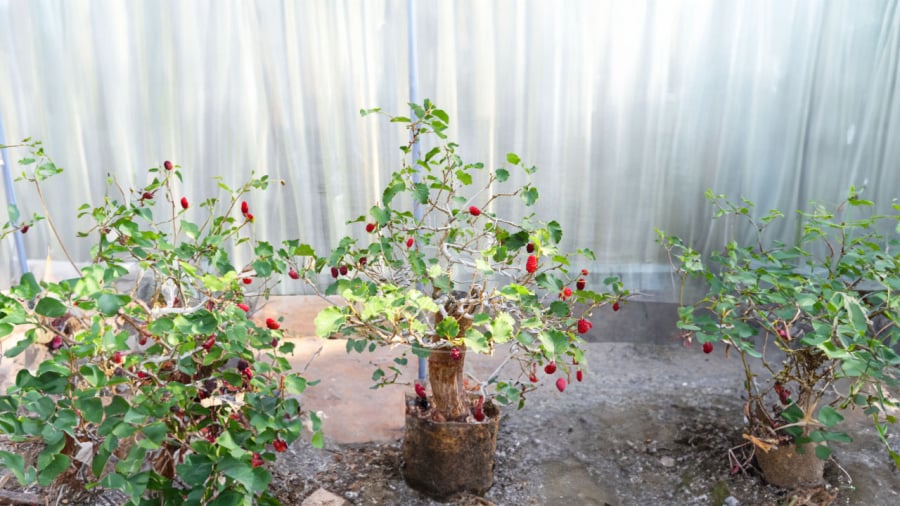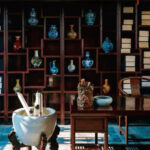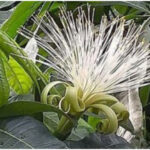Banana Tree
The banana tree is a common sight throughout Vietnam. Every part of the banana tree is utilized, from its leaves and fruits to its flowers and roots. Banana fruits are often used as offerings during worship, while the leaves are used for wrapping cakes, the dried stalks for tying, the trunk for animal feed, and the banana heart for cooking.
In the past, it was believed that one should plant a banana tree after planting a betel tree. This is because banana trees have large trunks and quickly produce offshoots, forming a large and sturdy clump. The long, drooping leaves create a sense of a strong fortress.
However, planting a banana tree in front of your house is considered unfavorable in feng shui. It blocks the entrance, obstructs airflow and light, and may bring bad luck. In the past, houses were typically oriented towards the south, and planting a banana tree in front would block the cooling southern breeze, causing discomfort and wasting the natural breeze. Additionally, the shade cast by the banana tree can make the house darker, potentially reducing wealth and prosperity. Banana trees also attract bees, and the sap can drip after the fruits are harvested, causing an unsightly mess and further detrimental to feng shui.

Banana Trees Are Best Planted at the Back of the House
On the other hand, planting a banana tree at the back of the house is considered beneficial. Its large leaves and sturdy structure provide excellent shelter from the cold northern wind, protecting the residents and preserving their health. Additionally, planting a banana tree at the back helps prevent wealth from escaping, attracting prosperity and maintaining positive feng shui.
Thus, it is said that planting a banana tree at the back of the house helps retain wealth and protect the residents, contributing to their prosperity.
Mulberry Tree
The mulberry tree is also a familiar sight in Vietnam. Mulberry wood is believed to ward off evil spirits, and its leaves are used to feed silkworms, a source of income for many. However, the mulberry tree carries strong yin energy, and its name in Chinese, “tang shen,” evokes a sense of mourning and separation. Planting a mulberry tree in front of your house is considered inauspicious, bringing a heavy and gloomy atmosphere that can dampen one’s spirit.

Avoid Planting Mulberry Trees in Front of Your House
Therefore, it is advisable to refrain from planting mulberry trees in the front. Instead, planting them at the back of the house is considered beneficial. The back of the house is where evil spirits may enter, and the strong yin energy of the mulberry tree will scare them away, as they will not dare to compete with a tree that has stronger yin energy than them. Additionally, the flexible and durable mulberry wood makes it ideal for creating a sturdy fence that protects the residents from intruders, thieves, and evil spirits.
Planting a mulberry tree at the back of the house helps ward off evil spirits and negative energy, while also providing protection from the wind. It also ensures that wealth does not escape, bringing prosperity to the household. Planting mulberry trees at the back provides convenient access to its branches and wood, which can be used for various purposes, such as making protective amulets when traveling or performing rituals to expel evil spirits from the house.
In the past, when planting trees, our ancestors paid close attention to feng shui to ensure both aesthetic appeal and positive spiritual energy. Therefore, if you have these two types of trees in your home, consider relocating them to align with these traditional beliefs.
This information is based on feng shui principles and personal experiences.





































